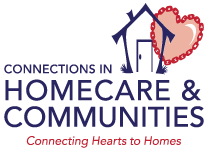According to the Academy of Nutrition and Dietetics, eating correctly and staying fit are important no matter what your age is. As we age, our bodies have different needs so certain nutrients become particularly vital for good health.
Many older adults do not receive enough vitamin B12.
Fortified cereal, lean meat, and various seafood are all good sources of vitamin B12 but your doctor, registered dietitian or nutritionist may suggest a vitamin B12 supplement.
Eating fiber-rich foods such as beans, peas, whole-grain bread, fruits, and vegetables help you to stay regular and lower your risk for heart disease while controlling your weight and preventing Type 2 diabetes.
Increased potassium along with reducing sodium may also lower your risk of high blood pressure.
Fruits, vegetables and low-fat or fat-free milk and yogurt are all good sources of potassium while selecting and preparing foods with little or no added salt help to reduce sodium levels. Foods like these that are low in saturated fats and trans-fats also help to reduce your risk of heart disease. Most of the fats you eat should be polyunsaturated and monounsaturated fats. Check the Nutrition Facts panel on food labels for total fat and saturated fat levels.
Individuals at risk of high blood pressure may be advised to follow the Dietary Approaches to Stop Hypertension diet to lower their blood pressure, which consists of a diet mainly rich in fruits and vegetables while low in saturated fat and sodium. Studies show that the DASH diet (Deepest Colors are Healthiest) can lower your blood pressure. While this diet benefited participants of all ages, the highest improvements were in middle-aged individuals — typically an age when rates of cardiovascular disease are greatly increased.
For more information, visit the Academy of Nutrition and Dietetics website at https://www.eatright.org/



